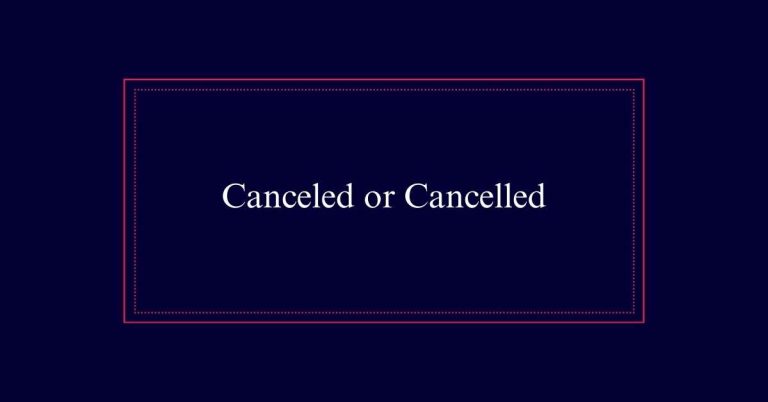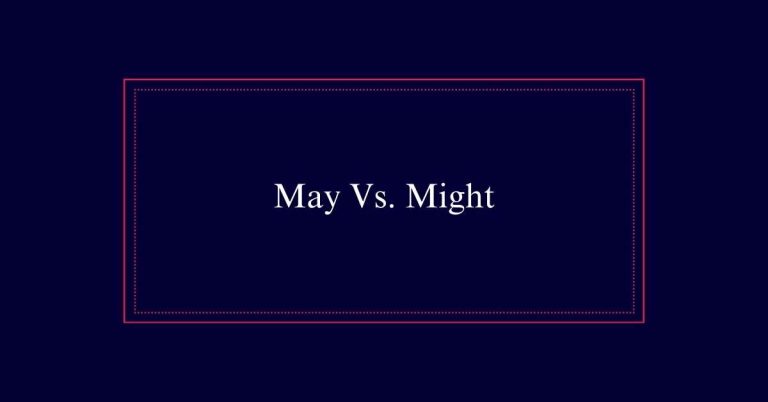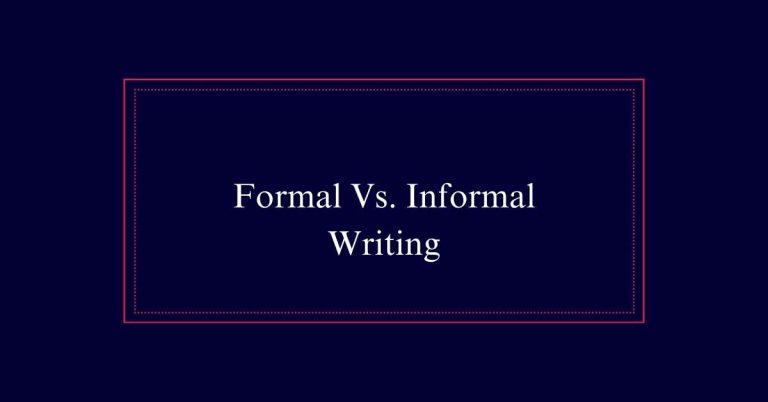Truly or Truely
‘Truly’ is the correct spelling of the adverb form of ‘true.’ Adjectives ending in ‘e’ typically drop the ‘e’ when transformed into adverbs, hence the accurate form is ‘truly,’ not ‘truely.’ This proper usage guarantees clarity and professionalism in your writing. Using ‘truly’ can help convey sincerity and precision in your statements. Paying attention to correct spelling demonstrates attention to detail and enhances your credibility.
Understanding ‘Truly’
To understand the correct usage of ‘truly,’ one must know its proper spelling and function in a sentence.
‘Truly’ is the correct adverb form of the adjective ‘true.’ Unlike some adjectives ending in ‘e,’ ‘true’ drops the ‘e’ when forming the adverb. For instance, we say, ‘It was a truly wonderful performance,’ not ‘It was a truely wonderful performance.’
Incorrect usage, such as ‘You have to end your letters with yours truely,’ demonstrates misunderstanding. Using ‘truly’ correctly guarantees clarity and professionalism in writing.
Adjectives Ending in -ly
Many adjectives ending in -ly are actually derived from adverbs, making them unique in the English language. These adjectives can add a nuanced meaning to sentences. For example, ‘friendly’ and ‘lonely’ are adjectives that describe qualities or states. The ‘-ly’ suffix in these instances does not convert the word into an adverb but rather gives it a descriptive quality.
This is different from how most words transform into adverbs by adding -ly, such as ‘quick’ becoming ‘quickly.’ Understanding this distinction is essential for correct usage. Adjectives ending in -ly maintain their descriptive nature and do not follow the conventional rule of adverb formation.
Examples of ‘Truly’
Examples of ‘truly’ in sentences can illustrate its proper usage and enhance understanding.
For instance, ‘She was genuinely grateful for the help she received’ demonstrates how it describes the depth of gratitude.
In another sentence, ‘The concert was indeed unforgettable,’ it emphasizes the exceptional nature of the event.
Additionally, ‘He truly understands the problem’ shows its use in affirming comprehension.
When expressing sincerity, ‘I am genuinely sorry for the mistake’ is appropriate.
Finally, ‘This is undeniably a remarkable achievement’ highlights significant accomplishments.
These examples showcase how ‘truly’ enhances the meaning of statements, providing clarity and precision.

Common Spelling Errors
Mastering the use of ‘truly’ is just one aspect of avoiding common spelling errors in writing. Spelling mistakes are frequent and can affect the clarity of your work.
Words like ‘forty’ and ‘fourty’ are often confused. Similarly, ‘preferably’ is often misspelled as ‘preferrably.’ Another challenging pair is ‘foolproof’ versus ‘fullproof.’ These errors require attention to detail to avoid.
Incorrect spellings can make a piece of writing seem unprofessional. For instance, using ‘truely’ instead of ‘truly’ can undermine the writer’s credibility. To maintain high standards, it is important to be aware of these common pitfalls and aim for accuracy in spelling.
Confusing Word Pairs
Confusing word pairs can often lead to spelling mistakes in writing. Words like ‘affect’ and ‘effect,’ or ‘complement’ and ‘compliment,’ frequently trip up writers. Misusing these pairs can change the meaning of a sentence and confuse the reader.
For example, ‘desert’ (to abandon) and ‘dessert’ (a sweet treat) are easily mixed up but have very different meanings. Similarly, ‘principal’ (a school leader) and ‘principle’ (a fundamental truth) are often switched. Paying attention to context and practicing these pairs can help minimize errors.
Utilizing tools like spell-check and grammar guides can also aid in avoiding these common pitfalls. Correct usage enhances clarity and promotes effective communication.
Attention to Detail
In addition to understanding confusing word pairs, paying attention to detail is crucial to avoiding spelling mistakes. This precision guarantees that your writing is clear and professional. Small errors can distract readers and diminish the impact of your message.
For example, using ‘truely’ instead of ‘truly’ can reflect poorly on your attention to detail. Proofreading your work carefully can help catch these errors. Also, consider using tools like spell checkers to assist you.
Encouraging Mistakes
Certain words often seem to invite spelling mistakes more than others. This is especially true for words like ‘truly,’ which is often misspelled as ‘truely.’ These errors are common because people tend to follow familiar patterns.
For instance, many words ending in ‘e’ keep the ‘e’ when adding ‘ly,’ leading to confusion in words like ‘true.’ Such mistakes can feel almost encouraged by the quirks of English spelling rules.
Frequent misspellings can occur when individuals rely on phonetics rather than correct spelling. As a result, words may seem to invite errors. Recognizing and understanding these common pitfalls is the first step in improving spelling accuracy.
Being mindful of these tendencies can help writers produce clearer and more professional texts.
Avoiding Common Errors
Effective strategies exist to help writers avoid common spelling errors. One key method is to read and write regularly, which reinforces correct spelling through exposure.
Keeping a list of frequently misspelled words can also be helpful.
Another effective approach is to proofread your work carefully, paying attention to words you often misspell. Learning the rules of spelling, like dropping the ‘e’ before adding ‘ly’ in ‘truly,’ can also prevent mistakes.
Impact of Spelling
Mastering the correct spelling of words like ‘truly’ is vital as it greatly impacts the clarity and professionalism of written communication. Accurate spelling guarantees that the message is understood as intended. It reflects the writer’s attention to detail and commitment to quality.
Conversely, spelling errors can make the text appear unprofessional and careless. This can undermine the writer’s credibility and distract the reader. For instance, using ‘truely’ instead of ‘truly’ can give the impression of poor language skills. In professional settings, such mistakes can affect the perception of competence and reliability.
Correct spelling is, as such, essential for effective and polished communication, ensuring that the intended message is conveyed accurately and professionally.
Frequently Asked Questions
How Did the Word ‘Truly’ Originate?
The word ‘truly’ originated from Old English ‘trēowlīċe,’ meaning faithful or loyal. Over time, it evolved in Middle English to ‘trewely’ and later ‘truly.’ It signifies sincerity, accuracy, and genuine intent in modern usage.
Are There Dialects Where ‘Truely’ Is Acceptable?
No dialects accept ‘truely’ as correct. The proper spelling is ‘truly.’ Incorrect spelling can impact clarity and professionalism. It’s important to use the right spelling to maintain credibility in written communication.
What Are Historical Examples of ‘Truely’ in Literature?
Historical examples of “truely” can be found in older texts where spelling conventions were less standardized. For instance, Shakespeare’s works sometimes feature “truely.” However, modern usage has settled on “truly” as the correct form.
How Do Spelling Reforms Address ‘Truly’ Versus ‘Truely’?
Spelling reforms aim to simplify and standardize spelling in English. They address inconsistencies, such as the correct use of “truly” instead of “truely,” to enhance clarity and reduce common errors in written communication.
Can Linguistic Evolution Affect the Spelling of ‘Truly’?
Linguistic evolution can affect spelling conventions over time. However, standardization in dictionaries tends to stabilize common words like “truly.” Significant changes are less likely without widespread usage shifts or official language reforms.






